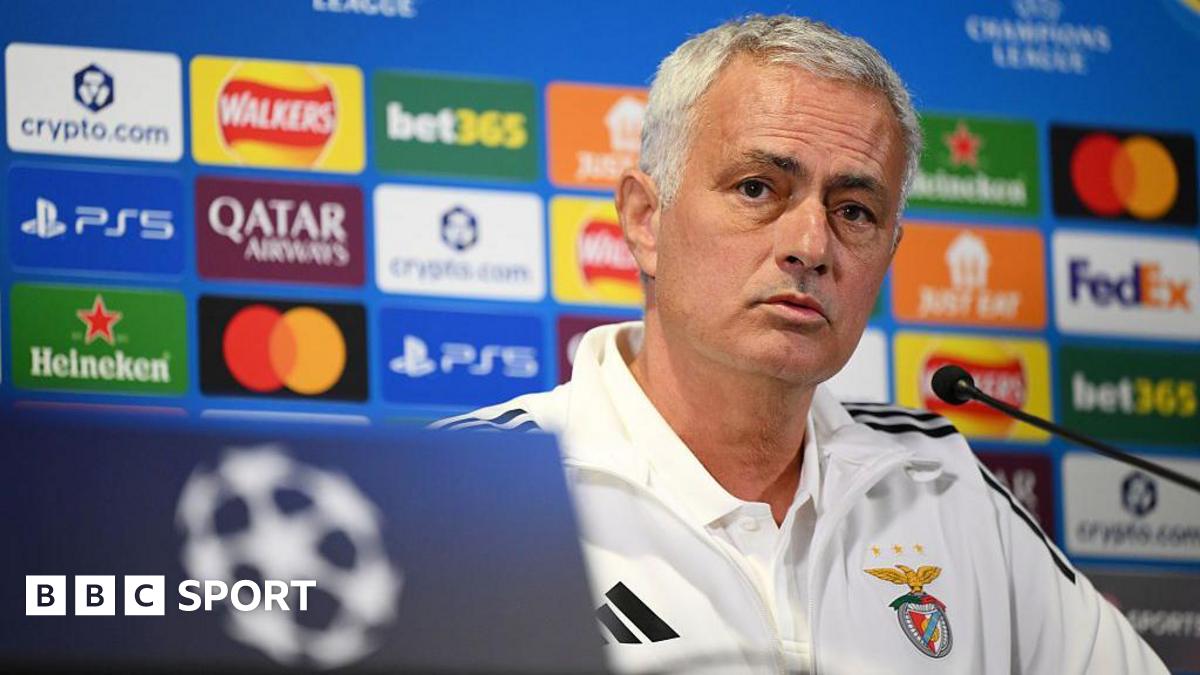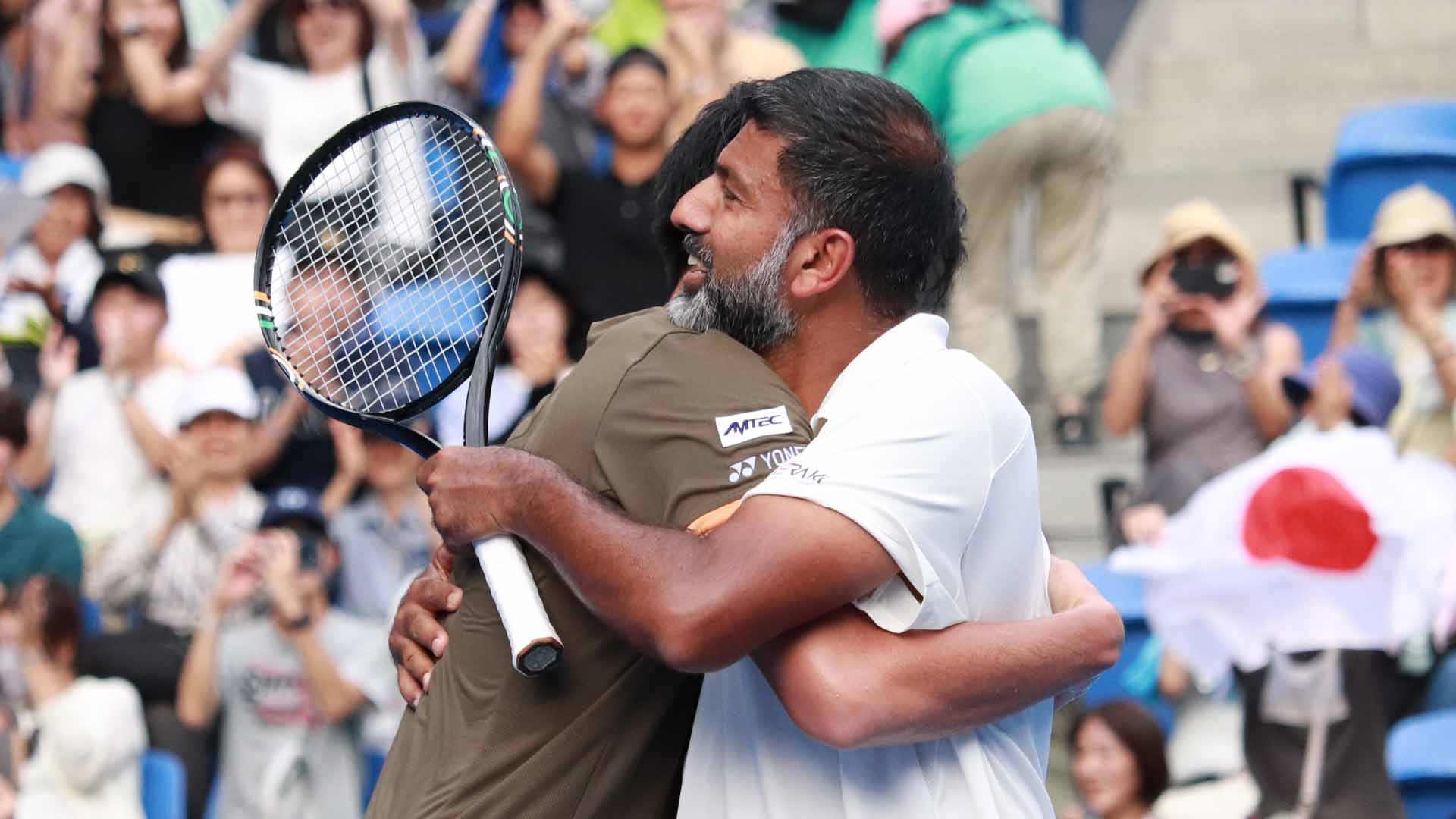Why did India refuse to accept the Asia Cup trophy after beating Pakistan?

Tensions between India and Pakistan scorched the world of sports on Sunday when the Indian cricket team refused to accept the Asia Cup trophy after beating their neighbours by five wickets in the final in Dubai.The match was the third contest between the rivals in the tournament, four months after they fought a short but intense aerial war, triggered by a deadly April 22 attack on tourists in Pahalgam in Indian-administered Kashmir.Why did India refuse to take the trophy?India refused to take the trophy because it was presented by Mohsin Naqvi, who is the Asian Cricket Council (ACC) president as well as the chairman of the Pakistan Cricket Board (PCB).Naqvi is also Pakistan’s federal interior minister.“We have decided not to take the Asia Cup trophy from the ACC chairman, who happens to be one of the main [political] leaders of Pakistan,” Devajit Saikia, the chairman of the Board of Control for Cricket in India (BCCI), told India’s ANI news agency.“That does not mean that the gentleman will take away the trophy with him along with the medals. So it is very unfortunate and we hope that the trophy and the medals will be returned to India as soon as possible,” Saikia said, referring to a bizarre sequence of events that played out after the conclusion of the match.What happened during the India-Pakistan Asia Cup match?While the game ended at about 10:30pm (18:30 GMT), the final award presentation was delayed until about midnight (20:00 GMT). Naqvi could be seen in television footage, speaking with match officials.Before the presentation began and after the stage was set up, an official removed the Asia Cup champions trophy from the raised dais, without explanation.Indian players Kuldeep Yadav, Abhishek Sharma and Tilak Varma received their individual awards from other dignitaries on stage during the presentation. Naqvi was on stage when this happened, but the Indian players did not acknowledge the ACC chief and Pakistani minister, who also did not clap for them.Pakistani captain Salman Agha then collected the runners-up cheque from Naqvi.“I have been informed by the Asian Cricket Council that the Indian cricket team will not be collecting their awards tonight,” said Simon Doull, former cricketer from New Zealand, who conducted the post-match presentation.Doull then announced the conclusion of the post-match presentation ceremony.The Indian team then celebrated, pretending to hold a trophy.While officials have not confirmed the present location of the trophy, it is usually kept with the tournament organisers until it is handed over to the winners – and until late on Sunday, the Indian team had not received it.“I think this is one thing which I have never seen since I started playing cricket, started following cricket, that a champion team is denied a trophy, that too a hard-earned one,” Indian captain Suryakumar Yadav said during a news conference after the presentation. “I feel we deserved it. I can’t say anything more, I’ve summed it up really well.”Yadav added it was the team’s decision to refuse the trophy and “no one told us to do it.”What is the context?India-Pakistan relations have been in trouble for years. But they plummeted further after gunmen killed 26 men during an attack on Pahalgam, a tourism site in Indian-administered Kashmir, on April 22.The Resistance Front (TRF), an armed group which demands Kashmir’s independence, claimed responsibility for the attack. India alleges that the TRF is a branch of Pakistan-based armed group, the Lashkar-e-Taiba (LeT), an allegation Islamabad denies.Following the attack, the two countries scaled back diplomatic relations and India suspended its participation in the Indus Waters Treaty.On May 7, India launched multiple missile attacks on sites in Pakistan and Pakistan-administered Kashmir under what it called Operation Sindoor. India said it struck nine sites in Pakistan, which said dozens of civilians were killed.On May 10, Pakistan launched Operation Bunyan Marsoos, targeting at least six Indian military sites and killing at least 5 Indians, according to Indian authorities.On the same day, the two sides reached a ceasefire agreement which was announced by US President Donald Trump.Have cricketing tensions been building up, too?Yes, Sunday’s eruption of hostilities after the match was the culmination of weeks of tension that had clouded the Asia Cup.In India, many politicians and influential public figures – including some who are supportive of Prime Minister Narendra Modi’s Hindu majoritarian Bharatiya Janata Party government – had called on their nation’s team to boycott the matches with Pakistan.Pro-Modi television channels criticised the BCCI – which in recent years has been closely aligned in its policies with the Indian government – for participating in the Asia Cup alongside Pakistan. The BCCI said it was following the government’s instructions, under which India refuses to play bilateral tournaments with Pakistan but participates in multi-nation contests – including in games against Pakistan in those events.Eventually, India didn’t just play in the Asia Cup, but faced off against Pakistan in three matches.While India won all three games – including the final – its players refused to shake hands with the Pakistani team, a move that was criticised by Pakistan.After the first match on September 14, Indian captain Yadav brought up the conflict during his speech, dedicating the win to the Indian army. “We stand by the victims of the families of Pahalgam terror attack. We express our solidarity. Want to dedicate the win to all our armed forces who showed a lot of bravery,” Yadav said during the post-match presentation.Meanwhile, Pakistani pacer Haris Rauf responded to heckling by Indian spectators during matches by signaling 6-0 with his hands and gesturing the downing of an aircraft, a reference to Pakistan’s claim that six Indian aircraft were downed by Pakistan during their May clashes. India has acknowledged that Pakistan shot down an unspecified number of Indian jets.After the second game between Pakistan and India on September 21, Pakistani opener Sahibzada Farhan reached 50 runs. In celebration, he cradled his bat like a machinegun and pretended to fire, a gesture that was upsetting to many Indian fans. In the Pahalgam attack, gunmen asked tourists if they were Muslim, and then shot non-Muslims.On Sunday, Farhan reached 50 runs again, but this time, celebrated his milestone silently.India has also questioned Naqvi’s behaviour during the tournament. Though he is expected to be neutral as ACC chief, he is also PCB boss. When the Indian team refused to shake hands after the first match, he posted on X: “Utterly disappointing to witness the lack of sportsmanship today. Dragging politics into the game goes against the very spirit of sports. Lets hope future victories are celebrated by all teams with grace.”In another post on September 15, Naqvi wrote: “There is nothing more important to me than the honor and prestige of my country,” adding the Pakistani flag emoji at the end.What have Indian, Pakistani leaders said about the Asia Cup tensions?Indian Prime Minister Narendra Modi wrote in an X post on Sunday after the game: “#OperationSindoor on the games field. Outcome is the same – India wins! Congrats to our cricketers.”Quoting Modi’s post, Naqvi replied: “If war was your measure of pride, history already records your humiliating defeats at Pakistan’s hands. No cricket match can rewrite that truth. Dragging war into sport only exposes desperation and disgraces the very spirit of the game.”It wasn’t always this way.Hasn’t cricket been a bridge between India and Pakistan?Indeed, despite tensions, leaders from Pakistan and India have in decades past also used cricket as a diplomatic tool to ease tensions, build a public environment favourable for talks, and create a setting for political interaction.The idea of “cricket diplomacy” was popularised by Pakistan’s President Mohammad Zia-ul-Haq, who governed the country from 1978 to 1988.In February 1987, Zia-ul-Haq visited India to watch a test match while tensions over Kashmir were at a high after India had amassed troops along their disputed border.Twelve years later, in early 1999, India hosted the Pakistan cricket team for their first bilateral test series in a decade – just eight months after the neighbours had both tested nuclear weapons, leading to soaring tensions. After Pakistan won a tense, closely fought match in Chennai in January, its players took a lap around the stadium to a standing ovation from Indian fans, underscoring how cricketers too understood their public diplomacy role.Between 2003 and 2008, cricket diplomacy reached its peak, with India and Pakistan each hosting the other for two test series. In April 2005, Pakistani President Pervez Musharraf went to India to attend talks with Indian Prime Minister Manmohan Singh. The two leaders attended a cricket match between their teams.In March 2011, Singh invited Pakistani Prime Minister Yousuf Raza Gilani to watch the World Cup semifinal between India and Pakistan with him. Gilani accepted the invite and visited India.Was India’s refusal surprising?In many ways, the events of Sunday were predictable, say experts. The organisers had announced that Naqvi, as ACC chief, would be handing over the winner’s trophy.India’s reaction too wasn’t surprising, analysts say.“It is often said that international politics and sports should remain separate, but in reality, this is easier said than done,” said Mathew John Moolakkattu, a researcher whose doctoral work at Amrita Vishwa Vidyapeetham University in Coimbatore, India, explored cricket diplomacy.“Given the ongoing tensions between India and Pakistan, it was perhaps inevitable that these strains would surface in arenas that connect both nations, such as cricket.”Moolakkattu pointed out how Indian team captain Yadav had also announced that he would donate his entire match fees to the Indian Army.“The Indian team made it clear that while they were proud to accept the trophy, they would not do so from Naqvi due to the underlying tensions and unresolved issues between the two countries,” he said.India’s stance reflects a broader intent to distance itself from Pakistan on all fronts, be it trade, politics, borders, or sports. Until the Indian government believes that Pakistan has taken definitive steps to end its alleged support for global “terrorism”, such diplomatic and symbolic gestures will likely persist, said Moolakkattu. Pakistan rejects India’s allegations of support for cross-border “terrorism”.Still, Moolakkattu said, the way the Asia Cup ended “undermines any positive diplomatic outcomes that might have emerged from the tournament”.










